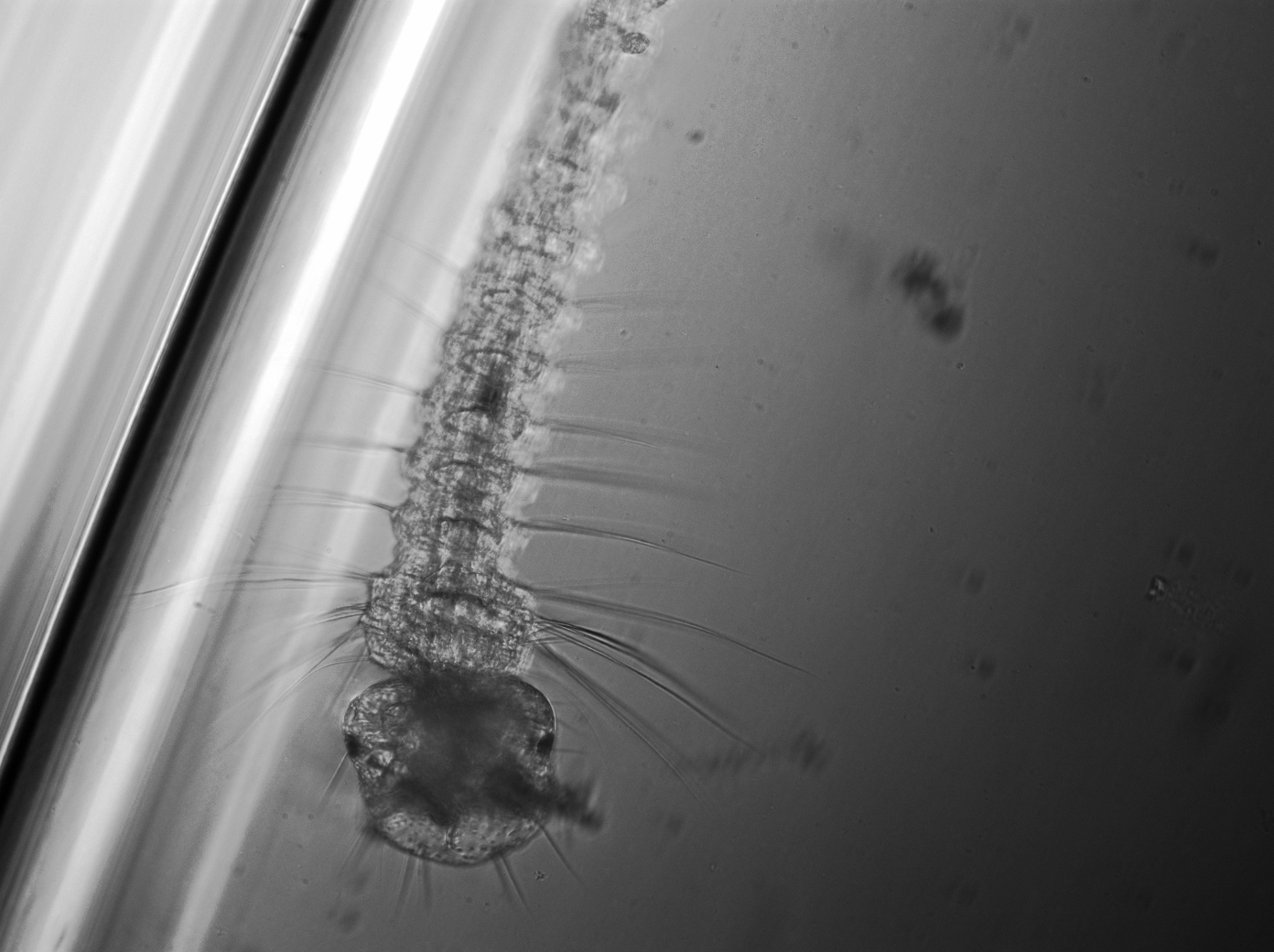Program Provides Research Opportunities for Undergraduate Students

UNM researchers target Zika-spreading mosquito with lemongrass oil
An herbal oil used for cooking and known for its pleasant citrus fragrance could be a potent weapon in the fight against the Zika virus and other mosquito-borne diseases.
Researchers at the University of New Mexico Health Sciences Center have developed a novel and surprisingly simple technology that uses lemongrass oil to kill mosquito larvae.
"This is a truly low-cost, low-tech approach, but it works remarkably well," says Ravi Durvasula, MD, an infectious diseases researcher at the UNM School of Medicine's Center for Global Health. "We're not targeting the virus. We're after the carrier, and we want to get it at the early stage. You kill the larvae, you don't have mosquitos flying around."
At very low concentrations, lemongrass oil is extremely lethal to the Aedes aegypti mosquito, which spreads Zika, dengue, chikungunya and other tropical diseases. Zika is prompting public health and travel alerts worldwide and is linked to serious birth defects in babies born to women infected by the virus.
"The big problem is water," Durvasula says. "In big cities in many parts of the world, especially the developing world, there are big cisterns that store water. There's standing water in tires and puddles. They are breeding grounds for mosquitos."
So researchers are targeting these breeding grounds with tiny lemongrass "bombs." Using a patent-pending heating process, they put the lethal lemongrass payload inside the cells of another natural ingredient, baker's yeast, a favorite food for mosquito larvae.
When the yeast is placed in water, the cell membrane completely contains the oil so that it doesn't leach out. After the larvae feed on the yeast, enzymes in their gut break the cell wall, releasing the lemongrass oil.
Within 24 to 48 hours a significant number of larvae are dying. Within a week, "we get 100 percent mortality in the lab," says research team member Ivy Hurwitz, PhD.
While researchers still need to test the technology in real-world settings, Hurwitz says she's optimistic they'll see similar results. And if they do, the technology offers a number of attractive advantages over existing methods used to control mosquito populations, including pesticides.
"In a lot of places they actually put pesticides into the water," Durvasula says. "The problem is, that's a chemical that goes into the water supply. And many poor places can't afford pesticides. Lemongrass oil is dirt cheap."
It's also nearly impossible for mosquitos to develop resistance to lemongrass oil. Unlike other larvicides, it attacks multiple biological pathways in the larvae, including the respiratory, nervous, digestive, endocrine and respiratory systems.
"We call them the five fingers of death," says UNM's Scott Matthews, MD, who developed a simple process for incubating yeast cells with essential oils. The process is so simple, in fact, that anyone can deploy the technology with just a couple of hours of training.
"We wanted to make it the kind of thing where people wouldn't have to rely on outside support," Matthews says. "People need to be able to pick up the ball and run with it."
The technology's effectiveness isn't limited to the Aedes mosquito. Researchers have also successfully experimented with the culex mosquito, which carries West Nile virus. Durvasula says that his team is expanding the size of its experiments as he works to bring the technology to the market.
"That's our goal," he says. "We're creating an environmentally friendly larvicide that doesn't poison the water supply and is cheap."


